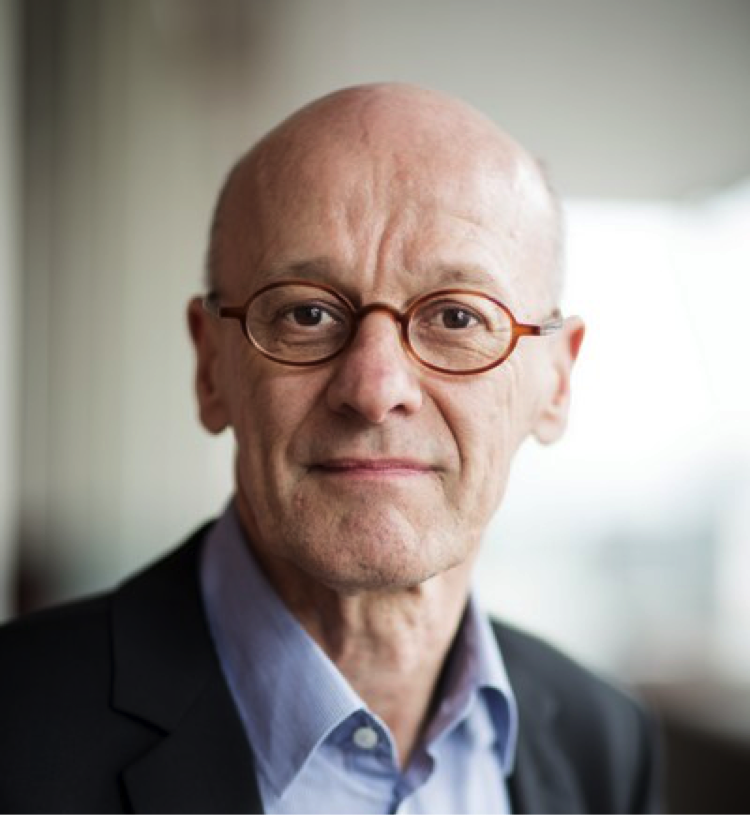KERA International Conference
Inspirational Speakers
9-11 February 2017 г.

Speakers
Theo Wubbels
Theo Wubbels is Emeritus Professor of Education and former Admissions Dean of Utrecht University, a research university with 27,000 students that takes pride in providing excellent education.
Formerly he was among others physics teacher and principal in a Montessori high school, an associate professor and director of teacher education in the Institute of Education, an institute providing post graduate teacher education and center for teaching and learning in higher education. As a full professor in education from 1991 onwards he became dean of the Institute of Education (1994-2002) and then moved to the Faculty of Social and Behavioural Sciences. In this faculty with 5700 students he was among others chair of the Department of Education and associate dean for academic affairs. His main research interests developed in his career from the pedagogy of physics education, via problems and supervision of beginning teachers and teaching and learning in higher education to studies of learning environments and especially interpersonal relationships in education. His most recent work focuses on multicultural classes, assessment of teacher interpersonal behaviour, teacher learning and teacher cognitions about interpersonal relationships. He published widely in international journals and books and is fellow of the American Educational Research Association. At present he is among others program manager of the Association of Dutch Universities for the improvement of teacher education and president of the European Educational Research Association.
I KERA International Conference: Plenary Session Speech
Effective higher education: theory and policy
There is a wealth of knowledge on factors that influence the effectiveness of (higher) education. We know, for example, that student time on task, tuition fees, professor-student relationships, training of professors, frequent testing, competition between activities and many other factors influence student study success. What is lacking is a comprehensive theory on how different factors directly or indirectly influence studentlearning. In this presentation I will propose such a theoretical model and elaborate on ways to strengthen student time on taskand effective student learning activities.This theory helps finding the best levers to pull for improving (higher) education. These levers can be found at all levels of policy-making: the individual professor, the department/faculty/university and the government.
